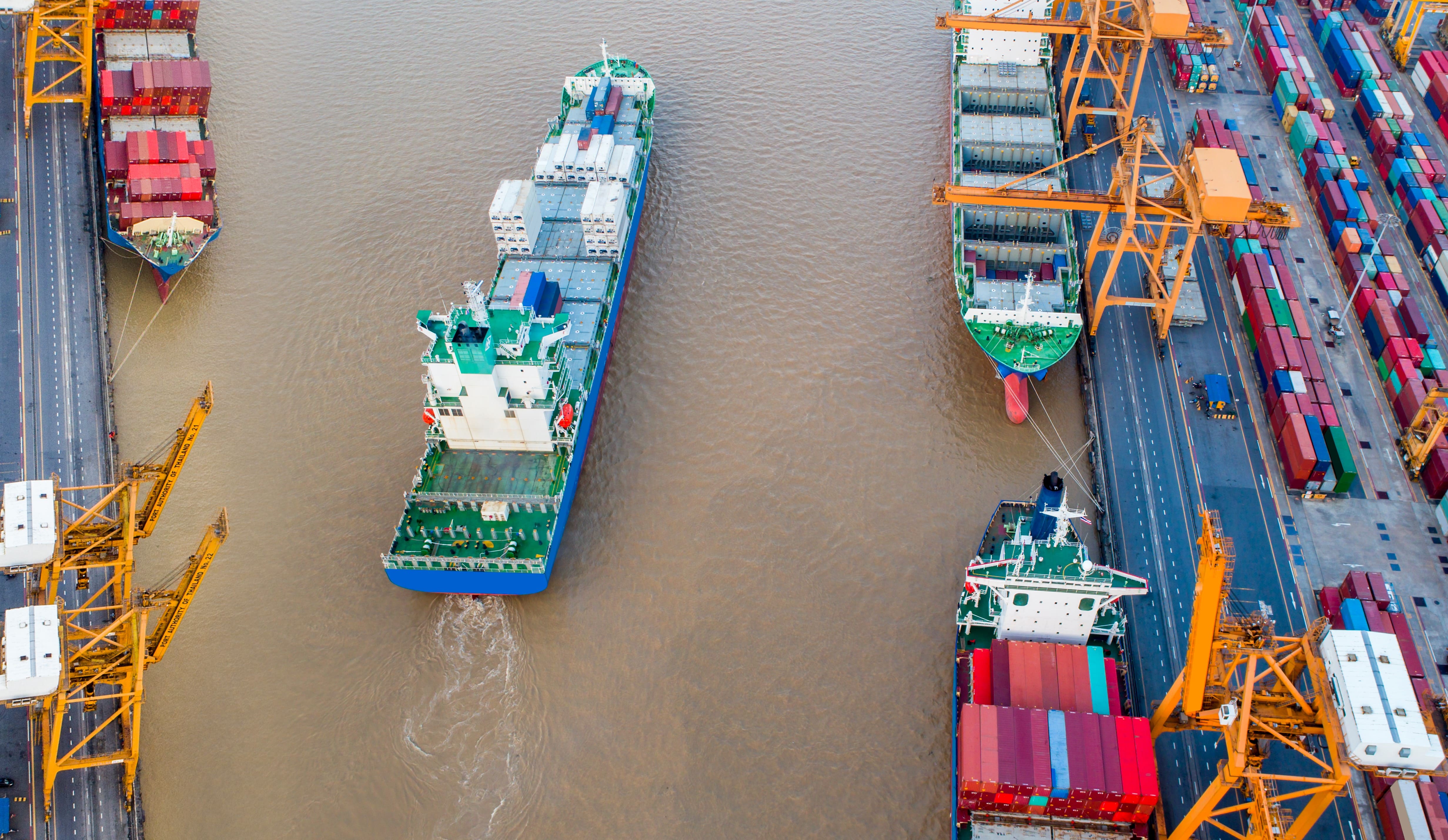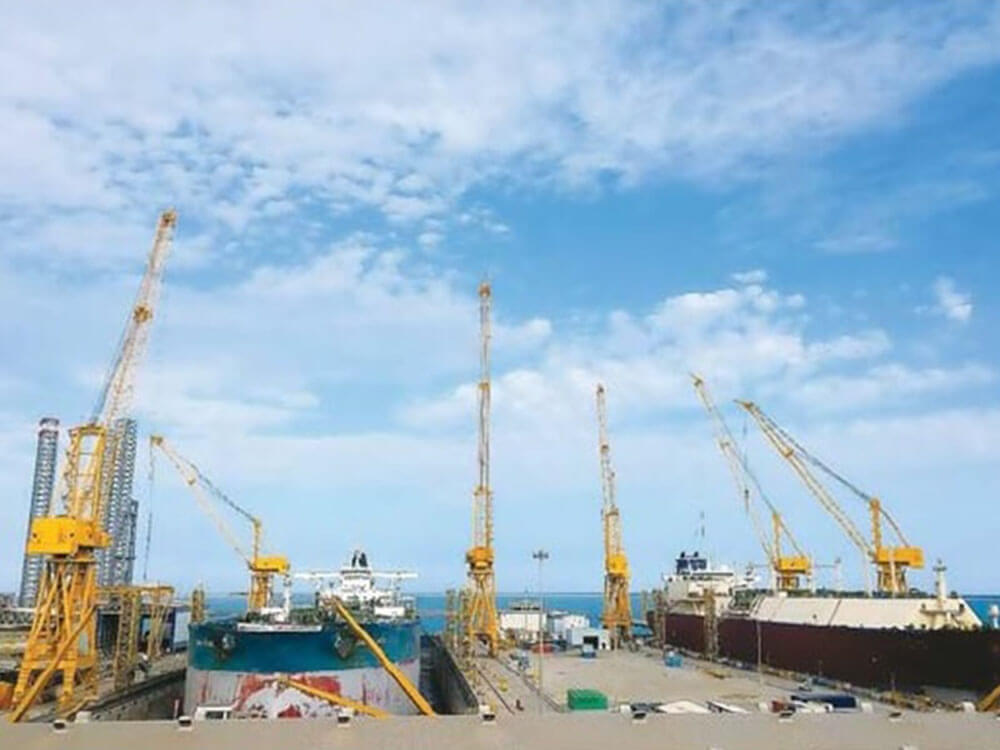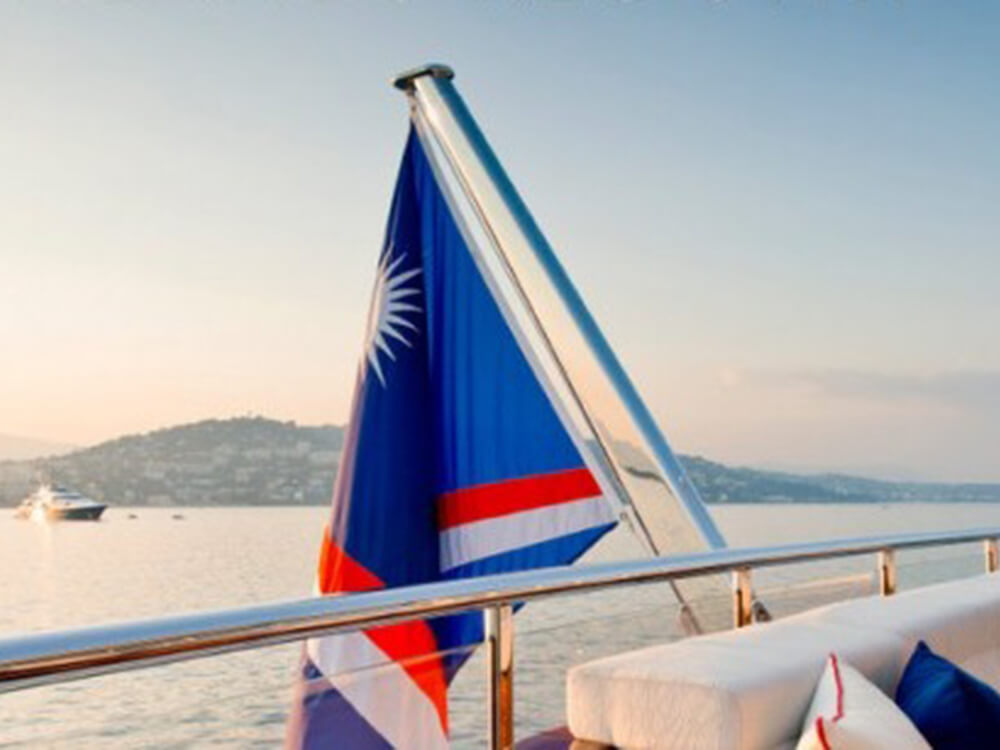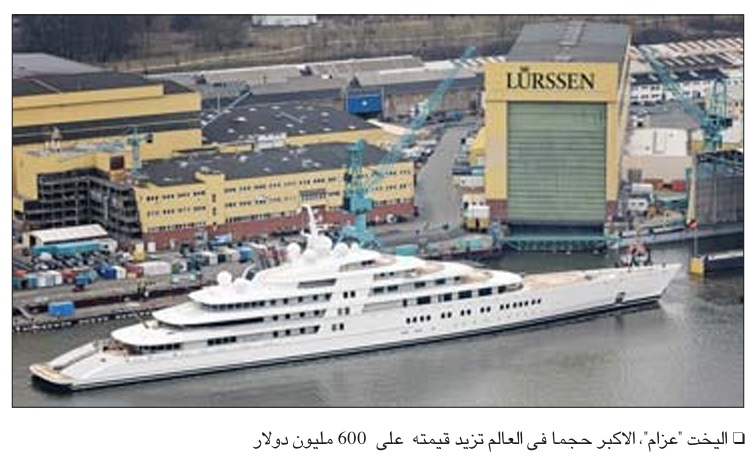Operational, technical, environmental and tax challenges facing the shipping industry

Historically, the shipping industry has been known as a fragmented industry characterized by limited distinction and rapid impact on economic cycles and market fluctuations. However, the development it has witnessed and the technology introduced to it in terms of designs and systems have contributed greatly to its development. Today, we live in a global economy that is increasingly connected and interconnected, based on transoceanic trade. Therefore, we find an interconnected relationship between shipping activities and global trade, especially when we talk about growth and development, which is what various studies in this sector have indicated, which have proven the existence of mutual influences between them as a relationship of dependence. Reports in this regard indicate that more than 80% of the volume of global trade in terms of value and more than 85% in terms of weight is traded through institutions and companies in this sector.
The global shipping and maritime transport sector faces many operational and technical challenges, including the availability of infrastructure in ports to receive ships and tankers, especially with the ongoing trend by shipping companies towards owning larger ships to increase their efficiency, and other challenges including environmental challenges, tax costs, terms and conditions of marine insurance, as well as the challenge of complying with various maritime legislation and laws, which workers in this sector are anticipating the entry into force of their updates and knowing their impact on various maritime transport activities.
Recently, new challenges have emerged in this sector, which have had a significant impact on shipping revenues, including price fluctuations. Shipping revenues have declined by up to 50% in certain shipping sectors compared to a year ago, as well as a decline in business volumes due to the increase in the size of the global fleet of ships and the consequences of the economic recession from the slow recovery of global trade, which has become more severe with the decline in spending on development projects and the increase in competition in global markets, which was faced in the past by reducing the size of the fleet by removing old ships from service and postponing new construction orders. However, the current fleet of ships is the youngest, with the average age of a ship ranging from (12 to 18 years - depending on the type of ship) and the average expected life of a ship ranging from 20 to 40 years, which is determined by its field of work. Which makes this usual mechanism difficult to implement without shipping companies and ship owners incurring financial losses from their previous investments.
On the other hand, this stage, with its challenges, has created many opportunities for ship owners and investors in this sector to acquire new assets such as ships, containers and oil tankers, taking advantage of the decline in the market values of these assets, in order to resell these assets when shipping prices improve and benefit from the differences in the valuation prices of these assets, which is known as the "asset game", a strategy famous for Greek ship owners who have been able to control this industry for centuries. Regardless of the current ordeal facing Greece, they still control the global shipping industry by using their old familiar strategies such as "buying low and selling high" and others.
The decline in shipping revenues and the limited opportunities for growth and expansion of business have created a major challenge to the continued growth of shipping companies, which has prompted governments of countries and boards of directors of various companies around the world to direct their companies operating in this field towards studying the feasibility of mergers or increasing their ownership percentages of assets and joint projects and creating operational integration with existing companies by reviewing the structure of their entities, either out of a desire to create giant entities with strong financial solvency that enables them to confront price fluctuations and economic cycles and confront the repercussions of the economic recession storm, or to support the businesses of their companies and support their financial position to ensure the continuity of their businesses, the growth of their activities and their expansion in the markets and the achievement of profitable returns for their shareholders.
In the past period, the sector has witnessed a wave of integration and solidarity, the most recent of which was the alliance of leading companies in the field of LNG transportation, namely Dynagas, GasLog and Golar, which was called (The Cool Pool). Through it, these companies entered into a joint alliance aimed at improving their operations, rationalizing spending and benefiting from the marketing chain available in the three companies, which enables them to create added value for their operations, especially after shipping revenues declined to $30,000 (spot market rate) per day, which is half of what the sector witnessed last year, as well as a decline in the utilization level of their ships by rates ranging from 40% to 50%. A long-term solidarity was recently announced between a group of global shipping companies and ship management companies to serve various shipping lines, including, for example, the solidarity between Maersk Line and MSC for a period of ten years, aiming to maximize the use of their assets, improve the level of services provided and reduce their annual operating costs.
In addition to the Chinese government directing two of its largest shipping companies, China Shipping Group and China Ocean Shipping Group - which together control nearly 80 percent of the Chinese shipping fleet - to conduct a study to merge their activities.
Far from the Europe and Asia markets to the Arabian Gulf market, specifically to the Saudi market, last year witnessed the merger of the assets and operations of Vela, owned by Aramco, and the Saudi Shipping Company (Bahri), which resulted in the creation of one of the largest shipping companies in the world, currently owning and operating a fleet of 72 ships and giant tankers operating in various fields.
In addition, there are ongoing negotiations between Qatari Milaha and the United Arab Chemical Carriers Company (UACC) regarding the feasibility of integrating their services in the field of transporting petroleum derivatives and chemicals, which Milaha is looking to strengthen its position in this activity if a final agreement is reached in this regard.
The sharp decline in shipping service prices and maritime transport revenues and the lack of growth opportunities in global markets have brought the sector into a new phase characterized by the constant search for available ways to consolidate the businesses of companies and institutions operating in these activities and create alliances between them, in order to reach a level of financial solvency that enables them to achieve a stable level of revenues and cash flows, especially during periods of market fluctuations and to maintain the level and quality of services provided to customers around the world, which requires the constant pursuit of improving performance and raising the level of competitiveness in the markets.
The merger process is defined as the direction of two or more companies towards engaging to unify their operations and create a bloc, alliance or integration to create a new entity that is able to achieve the goals that they could not achieve in their status before the merger. It is also a mechanism to overcome existing or expected problems in the future, and enables them to maintain their competitive position and continue to grow and expand their businesses and activities. In view of the merger of the fleet and operations of Bahri and Vela, which was described by company officials and bankers as the largest merger in the history of the Saudi market, with a value of one billion and three hundred million US dollars, the goal of the merger is to ensure a rewarding return for the company’s investors and create added value for the Saudi economy, in addition to supporting the company’s business, which ranked fourth globally after completing the merger process as the largest owner of giant oil tankers in the world, which gives the Gulf state that produces and exports oil a prestigious position globally, and a strong tributary to the Saudi economy by securing advanced maritime transport means ready to serve the Kingdom and its oil products.
The benefits of merging similar companies in the same sector include enhancing their presence in the markets and enabling them to expand their services and improve the level and quality of the services they provide through optimal exploitation of a better cost structure by making the most of the overall economy. It also enables them to grow at a faster pace, especially in their field of specialization and areas complementary to their main activities, benefiting from the unification of policies and strategies followed, especially those related to marketing and technology, as well as securing skills and skilled labor.
Considering that the success of any merger depends on three main factors: the price of the deal or the investment value in it, the strategic objective of it, which is the motive for concluding it, and the "added value" of entering into it, whether at the level of companies or the economies of countries. The most prominent reasons for the failure of merger operations between companies are the time and effort spent by the management in the acquiring company and the cost, which results from the lack of readiness of the company's structure for such operations, the exaggeration in the valuation of assets, as well as the tendency of some companies to expand their businesses by entering into activities outside the scope of their core businesses that do not add value to their activities. The best example to mention in this subject is the huge loss suffered by (Mobil Oil Corp) from the acquisition of (Montgomery Ward) operating in the retail trade in 1976, which aimed to diversify its activities, but it incurred huge losses from this investment as a result of the failure of the experts of the Petroleum Corporation to manage one of the largest American retail stores, which witnessed continuous losses or returns Low on capital invested since Mobil Oil Corp. entered into it.
It is currently being circulated among workers and those interested in this industry that the next general trend for institutions and companies in the maritime sector and other vital sectors is to move towards mergers and new acquisitions or solidarity among them and to reconsider their organizational structures with the aim of creating operational integration in operations and operational capabilities and reducing high costs and exiting from activities that do not generate profitable returns, which may represent one of the available mechanisms to confront current challenges, especially in the near future.
On the other hand, considering the possibility of conducting solidarity operations or creating large maritime entities in terms of size that possess the strength and ability to compete globally will require companies to evaluate their financial situations and review their current strategies to determine the extent of their readiness from an organizational and structural perspective to enter into such operations and the level of maturity of the company’s culture to make them successful.
This requires conducting detailed studies on the expected gains from entering into such operations and identifying the negatives and challenges that will be faced during and after the merger to evaluate them, especially in the long term, in order to estimate the level of expected gains and added value that can be achieved through implementation. These operations, whether for their shareholders or the economies of countries, and to make sound and studied structural changes, which would make the merger and consolidation operations successful in their activities.
Published in AlSharq Newspaper on 2 Oct 2015


